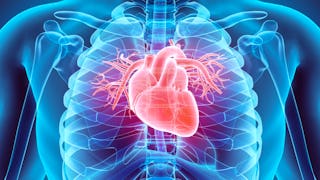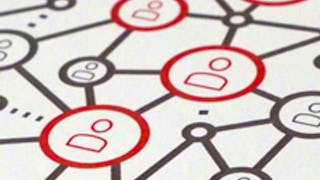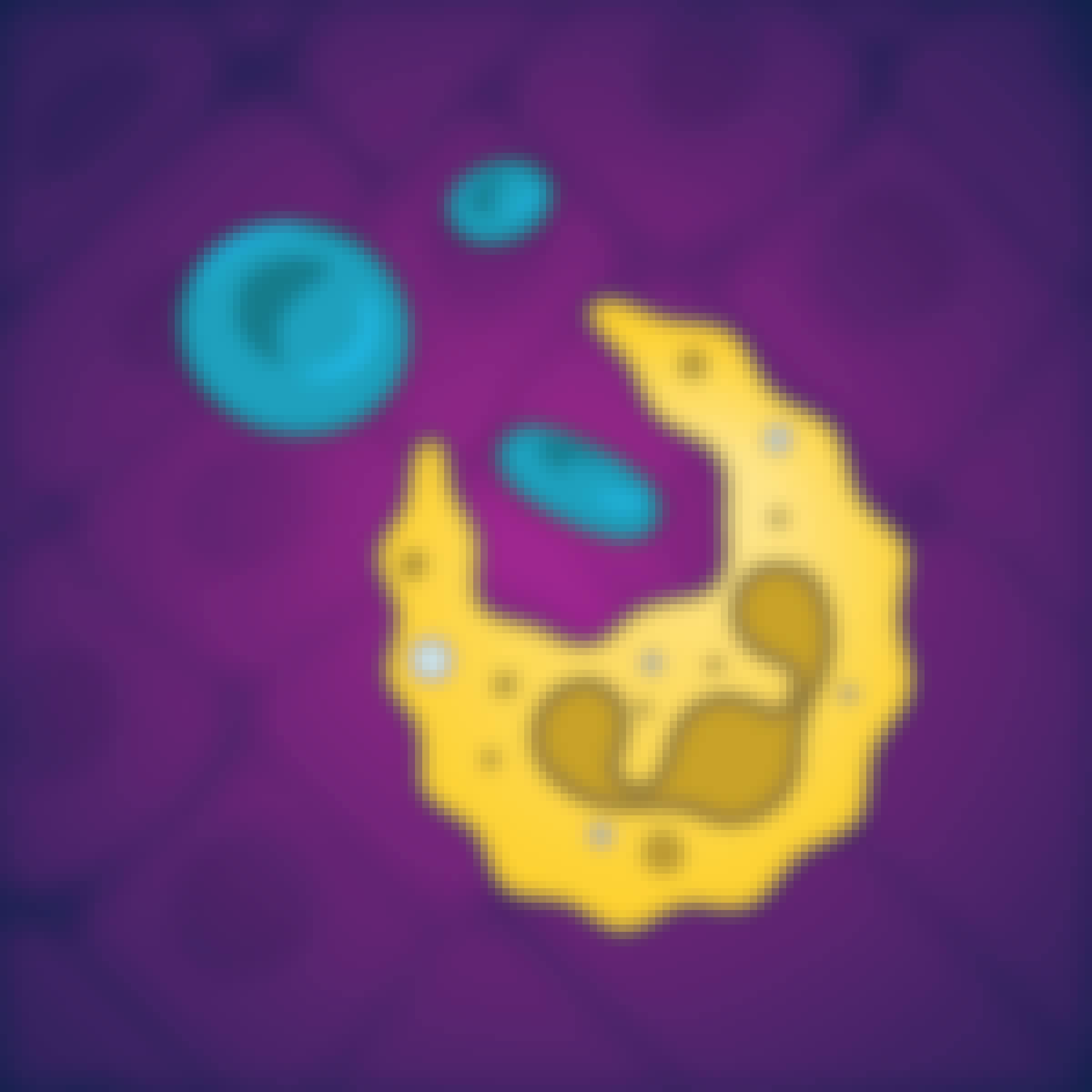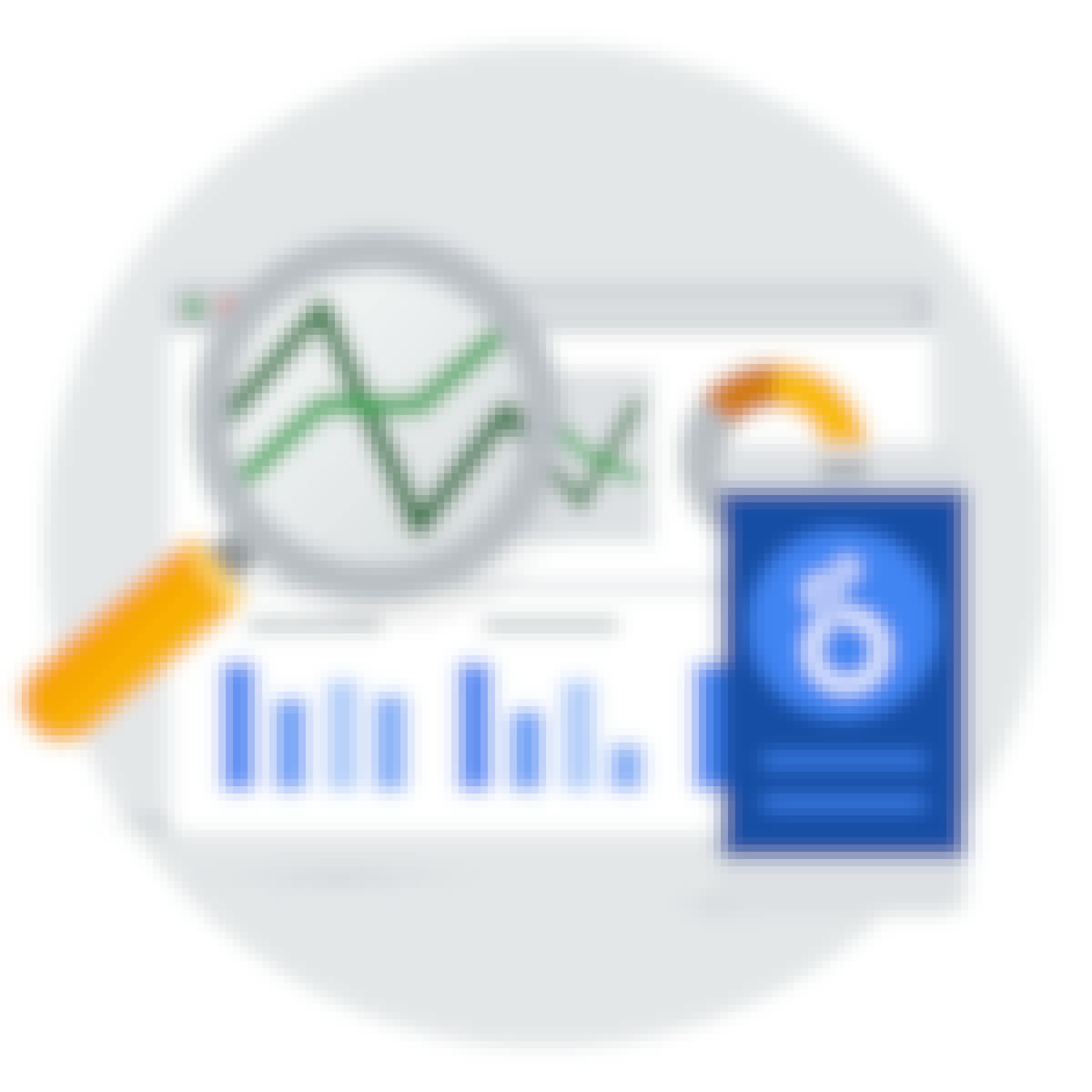Filter by
SubjectRequired
LanguageRequired
The language used throughout the course, in both instruction and assessments.
Learning ProductRequired
LevelRequired
DurationRequired
SkillsRequired
SubtitlesRequired
EducatorRequired
Explore the Biomedical Sciences Course Catalog

Universidad Nacional Autónoma de México
Skills you'll gain: Peer Review, Program Evaluation, Patient Evaluation, Curriculum Planning, Qualitative Research, Health Assessment, Pedagogy, Psychological Evaluations, Curriculum Development, Education and Training, Simulations, Instructional and Curriculum Design, Survey Creation, Instructional Strategies, Data Analysis Software, Student-Centred Learning, Higher Education, Statistical Analysis, Systems Thinking, Ethical Standards And Conduct
 Status: Free
Status: FreeUniversity of Copenhagen
Skills you'll gain: Liberal Arts, European History, Research, Ethical Standards And Conduct, Ancient History, Writing, Political Sciences

Skills you'll gain: Looker (Software), Dashboard, SQL, Data Import/Export, Data Visualization Software, Data Storage Technologies, Data Integration, Data Analysis, Data Warehousing, Google Cloud Platform

Universidad Nacional Autónoma de México
Skills you'll gain: Generative AI, Prompt Engineering, ChatGPT, AI Personalization, Education Software and Technology, Large Language Modeling, Artificial Intelligence, Creativity, Data Ethics, Computer Vision, Information Privacy, Ethical Standards And Conduct, Intellectual Property

MedCerts
Skills you'll gain: Pulmonology, Medical Terminology, Cardiology, Respiration, Medical Records, Pathology, Anatomy, Electocardiography, Laboratory Testing, Vital Signs, Biology, Infectious Diseases

Politecnico di Milano
Skills you'll gain: Pedagogy, Course Development, Instructional and Curriculum Design, Instructional Strategies, Student Engagement, Educational Materials, Innovation, Curriculum Planning, Student-Centred Learning, Learning Theory, Open Source Technology, Learning Strategies
 Status: Free
Status: FreeUniversity of Pennsylvania
Skills you'll gain: Calculus, Engineering Calculations, Mathematical Theory & Analysis, Algebra, Advanced Mathematics, Applied Mathematics, Derivatives

Imperial College London
Skills you'll gain: Chronic Diseases, Pulmonology, Medical Science and Research, Pathology, Pharmacology, Clinical Research, Molecular Biology

University of Colorado Boulder
Skills you'll gain: Risk Management, Mitigation, Business Risk Management, Risk Mitigation, Environmental Policy, Environmental Issue, Natural Resource Management, Environment, Corporate Sustainability, Persuasive Communication, Community Development, Corporate Strategy, Water Resources, Scientific Methods, Vulnerability, Civil Engineering, Political Sciences, Policy Analysis, Environmental Science, Risk Analysis
 Status: Free
Status: FreeThe Hong Kong University of Science and Technology
Skills you'll gain: Political Sciences, Public Policies, Policy Analysis, Social Sciences, International Relations, Economics, Economic Development, Governance, Culture

Google Cloud
Skills you'll gain: Looker (Software), Dashboard, Data Visualization Software, Data Analysis, Data Sharing, Data Presentation, Data Manipulation, Data Import/Export

University of Colorado Boulder
Skills you'll gain: Community Outreach, Social Justice, Discussion Facilitation, Community Organizing, Diversity Awareness, Advocacy, Diversity Equity and Inclusion Initiatives, Community Development, Diversity Training, Interviewing Skills, Cultural Sensitivity, Cultural Diversity, Interpersonal Communications, Sociology, Intercultural Competence, Multimedia
In summary, here are 10 of our most popular biomedical sciences courses
- Evaluación educativa: Universidad Nacional Autónoma de México
- Søren Kierkegaard - Subjectivity, Irony and the Crisis of Modernity: University of Copenhagen
- Creating New BigQuery Datasets and Visualizing Insights: Google Cloud
- IA generativa en el aula: Universidad Nacional Autónoma de México
- The Heart, Blood, and Lungs: MedCerts
- Designing Learning Innovation: Politecnico di Milano
- Calculus: Single Variable Part 1 - Functions: University of Pennsylvania
- Immunology: Autoimmunity, Allergy, and Transplants: Imperial College London
- Exploring Our Responses to Climate Change: University of Colorado Boulder
- Chinese Politics Part 1 – China and Political Science: The Hong Kong University of Science and Technology










